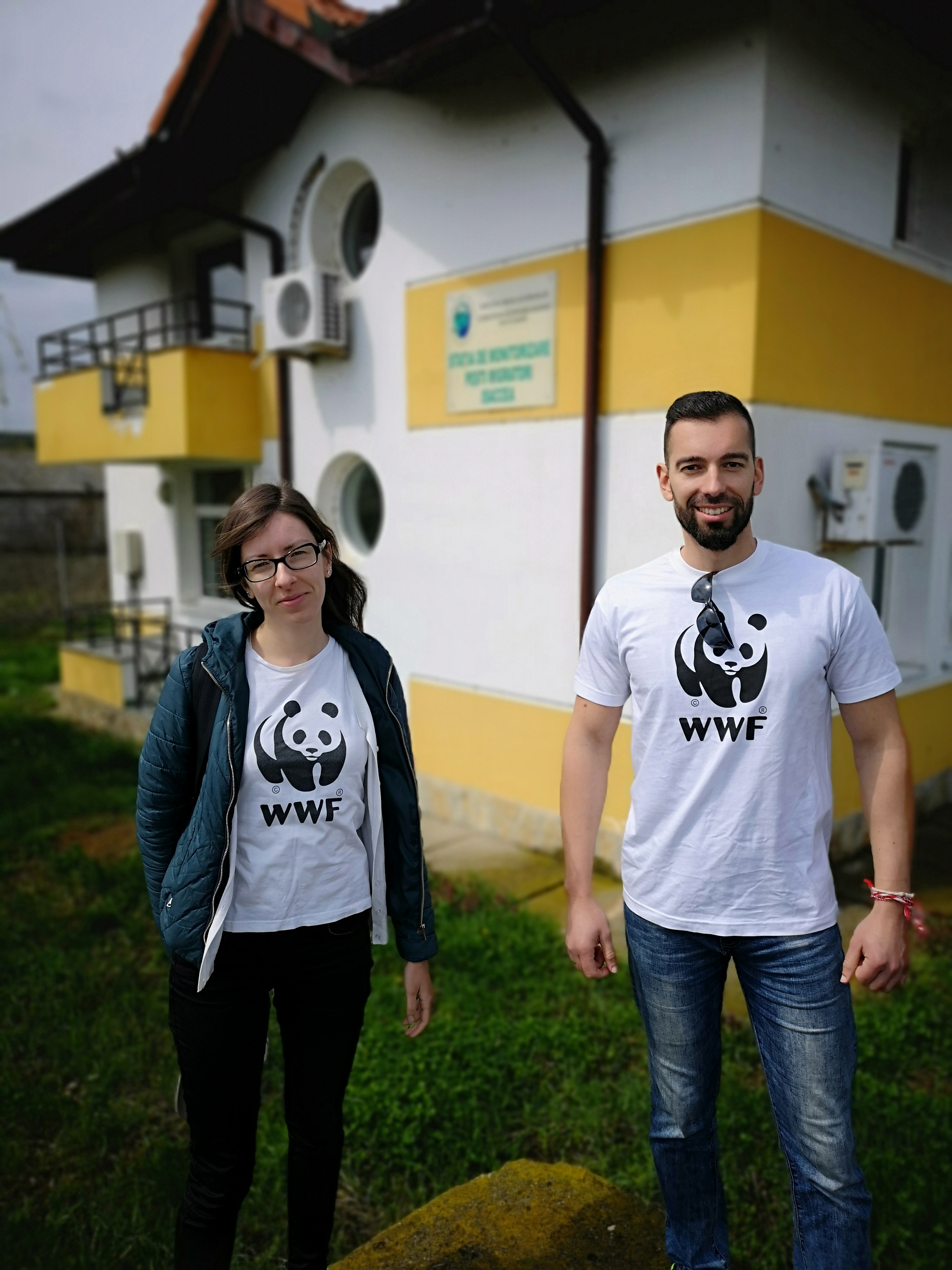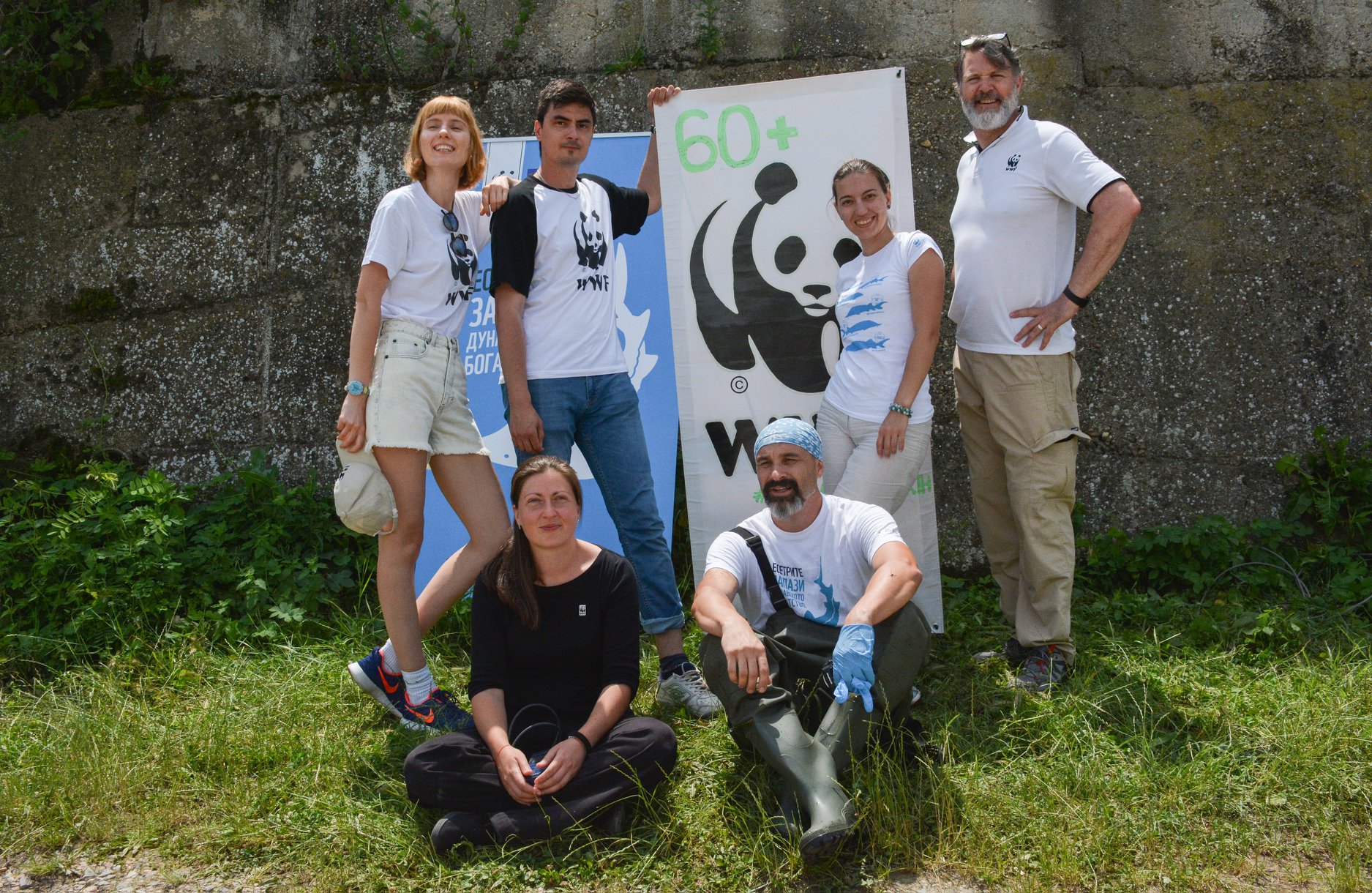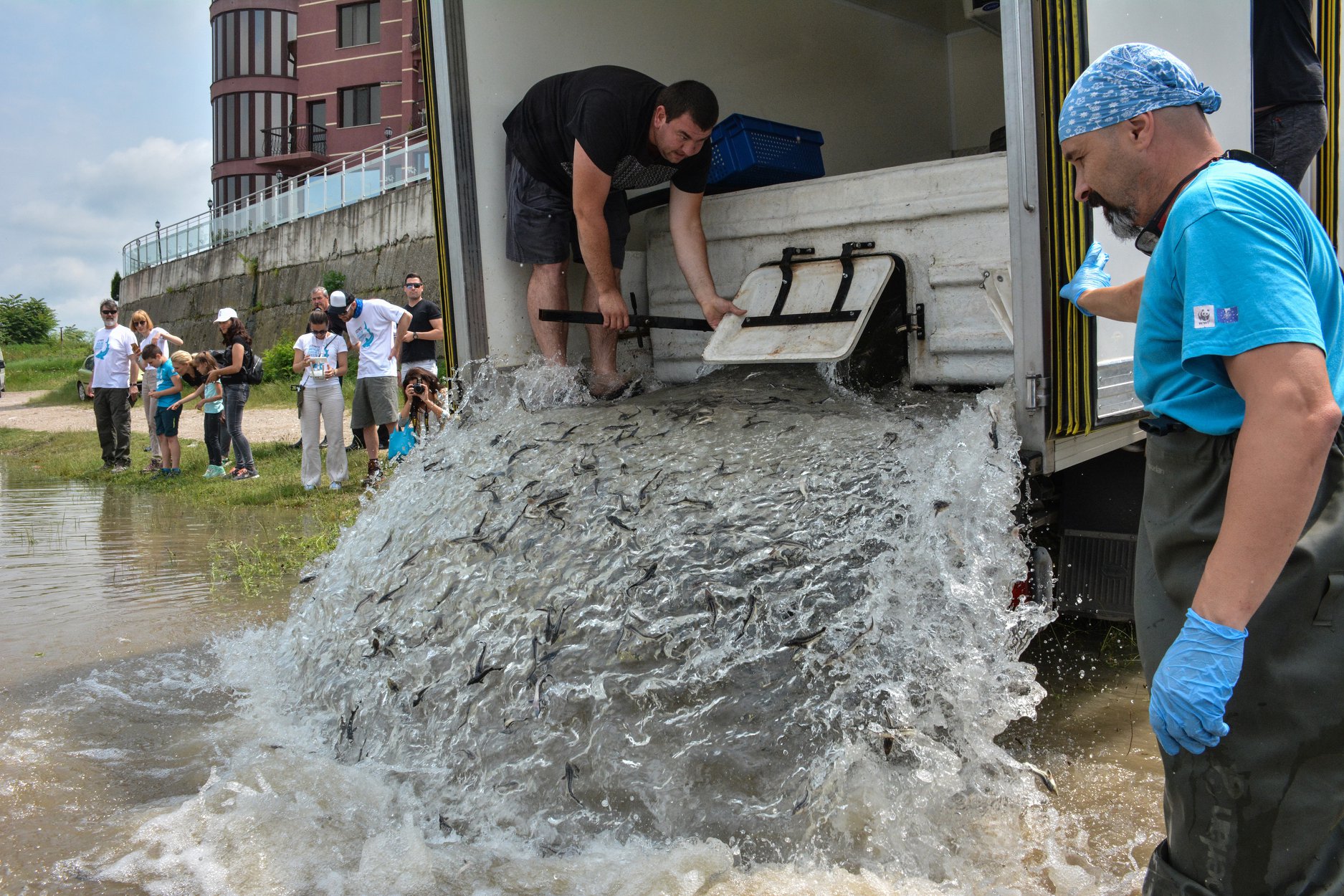MEASURES - Meet the team: WWF Bulgaria
24-07-2019

WWF has been active in Bulgaria since the early 1990s. Conservation activities initially focused on the lower Danube and its tributaries, but have expanded into a comprehensive programme that includes work on forest protection and sustainable forestry management, protected areas, climate, freshwater, wildlife, as well as agriculture and rural development.
In 2006, WWF established a registered organisation in Bulgaria, showing an expanding interest in the nature conservation in the country. In addition, WWF is important part of the coalition of non-governmental organizations “For the nature in Bulgaria”.
Forests
Bulgaria is among the countries with the largest number of forests in Europe. They cover one third of the country's territory and most of them are of natural origin. However, only about 4% of them have been preserved as „pristine forests” not affected by human activity. At the same time forests are a refuge for 43 globally endangered species of animals and plants and also provide numerous economic and social benefits for the people. That’s why WWF supports the implementation of independent FSC certification, which guaranties for well-managed forests.
Freshwater
The animals in freshwater ecosystems are decreasing the fastest in the world. According to the WWF report “Living Planet”, the number of freshwater species has dropped by as much as 81% over 40 years. Moreover, the most serious threat to life in rivers is the loss of habitats. Apart of the water pollution the main responsibility for this is to manmade structures of different types in riverbeds that block the migratory route of the fish. This poses a threat to the existence of a number of species. For this reason, WWF focuses on the issue of creating migration corridors and their impact on the life in freshwater ecosystems.
Climate
The weather in Bulgaria is becoming more and more extreme. Climate change is the greatest threat to nature and humanity in 21st century. The data shows that the 15 warmest years on Earth have been in the last two decades. In Bulgaria there are more and longer than ever droughts, followed by severe storms and heavy floods with destructions and victims. WWF is working on ongoing global agreement on climate change and encouraging people to take personal steps to limit their impact on the climate in their daily lives.
Protected areas
National parks, reserves and natural sites, also known as protected areas, occupy only 5% of the territory of Bulgaria, although the country has rich and preserved nature. In 1934 Bulgaria was the first country on the Balkan Peninsula, which created a place for preservation of the wild nature – Vitosha National Park.
Some protected areas are already in danger due to construction, forest felling, pollution and other human practices. WWF is worried that they may soon lose the values for which they were protected.
Rural development
Rural areas of Bulgaria are among the most valuable territories in Europe because of the preserved nature, rich cultural heritage and social significance. Agricultural lands cover more than half of the country's territory. A quarter of them have a “high natural value”. WWF aims to give the initial boost to the economic success of rural areas, supporting local people to restore the production of traditional local products.
Sturgeons

The sturgeons are classified as the most endangered group of species in the world. For many years, WWF Bulgaria has been working for conservation of their natural habitats. In 2014 and 2015, it became the first environmental organization to carry out a Danube restocking, putting 50,000 sturgeons in the river basin.
Thanks to WWF, last month new 20,000 representatives of the critically endangered species of Russian sturgeon took their way from Belene through the Danube Delta to the Black Sea. WWF is struggling to preserve the last four sturgeon species that could still be found in the Danube river.
